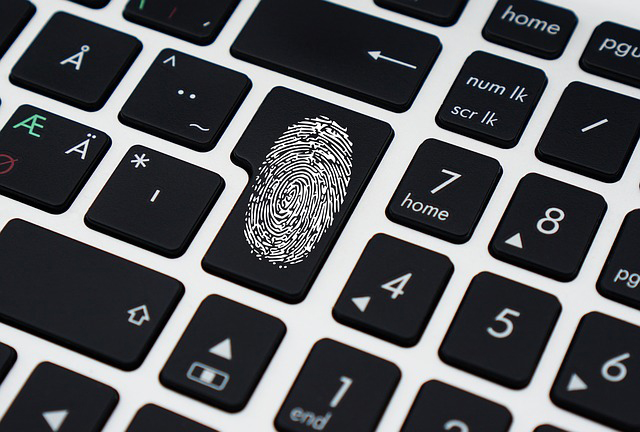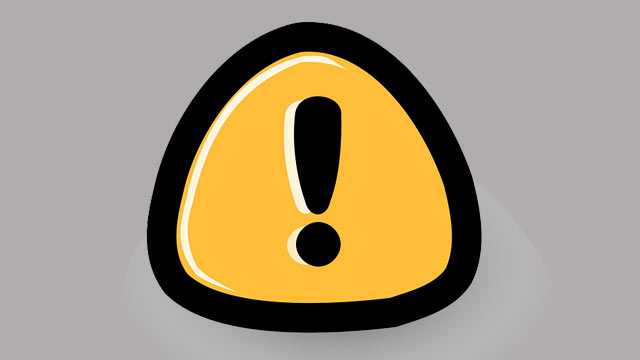If you were to ask most people what they do to protect against identity theft, they would say that they choose secure passwords and keep their ATM cards and identity documents away from prying eyes. But what if a thief wasn’t after your identity for your money?
Identity theft doesn’t always involve cash. Sometimes a stolen identity is used to hide from the law and assign the blame to a false identity when caught.
Here’s how to spot imposters with your identity and what you can do if you’ve already been a victim.
Identity Theft Without Cash

Identity theft is often for monetary gain, but it’s not the only reason a scammer would want to get hold of an identity to use.
It can happen might do this when their own identity is flagged by law enforcement, although some identity thieves have even done this to avoid having to disclose their status as sex offenders.
Someone could easily give a false name and details when they are –
- Contacted by parties they owe money.
- Stopped at a roadblock.
- Arrested for a crime.
- Applying for a lease.
- Trolling on social media.
- Creating accounts online.
- Signing a marriage license (rarely).
And of course, the name and details they volunteer could be yours.
Signs of a Stolen Identity

Identity theft of this type can go unnoticed for a while depending on the severity of the offense, but it’s usually spotted the moment people realize their identity has been flagged in some way or another for an event they weren’t involved in.
Phone calls for credit you don’t have can happen, but you might also be tipped off by the arrival of a court summons, a sudden fine, an increase in very specific spam to your number and e-mail address, a notification that claims you’ve already been married, reports of duplicate online accounts and/or being contacted by people or institutions claiming to know you when they don’t.
A friend or family member might also tell you, “What’s up with the weird friend request or message?” when you didn’t send them either from your real social media profile.
In most of these cases, you either have a doppelganger or an identity theft getting up to mischief with your name attached to it.
If this sounds like a scary thought, there are precautions you can take and proper legal recourse if you’ve already been a victim.
Taking the Right Precautions

Precautions can protect you before identity theft happens. Here’s how to guard your information from anyone out there who might be after it.
Accounts on Lockdown
As a consumer of the online world, you have the choice to keep your social media profiles private or throw the doors wide open. Privacy is best, and nobody should have images of their house or family out there for anyone to access with a simple Google search if they want their identity properly protected. Set the privacy of your posts and accounts so that only you and your followers can access them.
Shredding Statements
Documents like bank statements, receipts and waybills can give criminals far more information than you want them to have about you, so never leave them lying around – and don’t just toss your old documents in the trash. Use a professional document disposal service to cart away old documents or make use of a shredder for anything personal.
Social Security Documents
People have become so terrified of being scammed that they’ll often demand to see someone’s identity documents before completing an online transaction: But what if sending your identity through is the scam? Be careful when anyone asks you for scans of your social security documents – and if they aren’t a legitimate financial services provider with a legal reason, they have no right to be asking.
Double-Checking Your Details
There are hundreds of public databases that will allow you to run your information against what’s registered to see what comes up. You can do it for things like your credit score and you can do it for things like your current marriage status: Do it on a regular basis to make sure your searches show up clean.
When You’ve Been a Victim

If you’ve already been a victim of identity theft, the most important thing to do is to act as fast as possible and to make sure you’re able to establish your identity as the right one. In most cases, with the right documentation and a real account of what you were doing on the day, it’s not difficult to establish your identity as the right one. Here’s what to do when you’ve been a victim.
Contact Law Enforcement
Contact your local law enforcement office to set the record straight, especially if the charges are potentially criminal. If you’ve already received a summons to appear in court regarding a specific reported offense, you might be able to make an appointment with the prosecutor of the case to get to the facts in this way.
Law enforcement can assist in reporting the scammer and assist you in laying criminal charges against them where applicable.
Collect Proof
If you have collected any proof of identity theft (or have any proof to the contrary like official documents), start filling them all the moment you notice there’s a problem. It can help to set the record straight and any attorney or law enforcement official will need to see the relevant evidence to help you prove your case.
Find a Lawyer
Seek the services of an attorney. Whether the identity thief has conned you into a fine or a court appearance, finding a lawyer can help you to establish the truth about your identity.
Set the Record Straight Everywhere Else
Other than through the legal channels that have already been mentioned, you might also need to set the record straight in other places. Where it involves online content, get in touch with website administrators to request the content’s removal – and if the stolen identity involved any damage to your reputation, you must start somewhere to set it right.
This is a contributor by Alex Coyne


